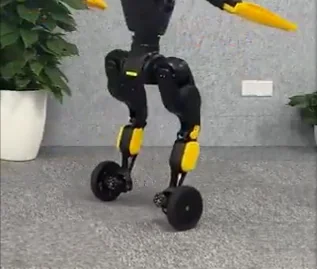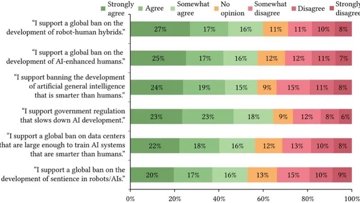In the latest episode of “the future is weirder than you imagined,” Japanese convenience store chains like FamilyMart and Lawson are tackling the country’s labor shortage with shelf-stocking robots. But these aren’t the fully autonomous helpers you might be picturing. The secret ingredient is a human pilot, operating the machine from thousands of miles away in the Philippines. This remarkable feat of globalized labor is orchestrated by the Tokyo-based startup Telexistence Inc., which has deployed hundreds of its TX SCARA robots to handle the tedious task of replenishing drink coolers.

The arrangement is a fascinating blend of automation and outsourcing. While the robots’ AI, named “Gordon,” handles the job most of the time, it’s not quite ready for prime time, failing in about 4% of cases. When a robot drops a can or gets confused, a human operator at a partner company, Astro Robotics in Manila, dons a VR headset and takes direct control to fix the problem. These pilots, earning a local call-center-equivalent wage of around $250-$315 a month, can each monitor up to 50 robots at once, providing a cost-effective solution to Japan’s expensive and shrinking labor pool.
This isn’t just a quirky solution to a local problem; it’s a model for a new kind of work that blurs geographic and economic lines. Every manual intervention performed by the Filipino operators is meticulously logged, feeding data back to improve the very AI that aims to one day make their oversight obsolete. So, while they are solving today’s logistical problems, they are also actively training their future robotic replacements. It’s the circle of life, but with more latency and VR-induced cybersickness.

Why is this important?
This model represents a significant evolution in labor dynamics, moving beyond simple automation (replacing a human with a machine) to “automation-powered outsourcing.” It allows companies in high-wage countries to sidestep both local labor costs and politically sensitive immigration debates by “cloud-sourcing” physical tasks to lower-wage nations. While it creates tech-centric jobs in places like the Philippines, it also establishes a paradigm where workers are hired to perfect the systems designed to ultimately eliminate their own jobs, raising complex ethical questions about the future of global work.













